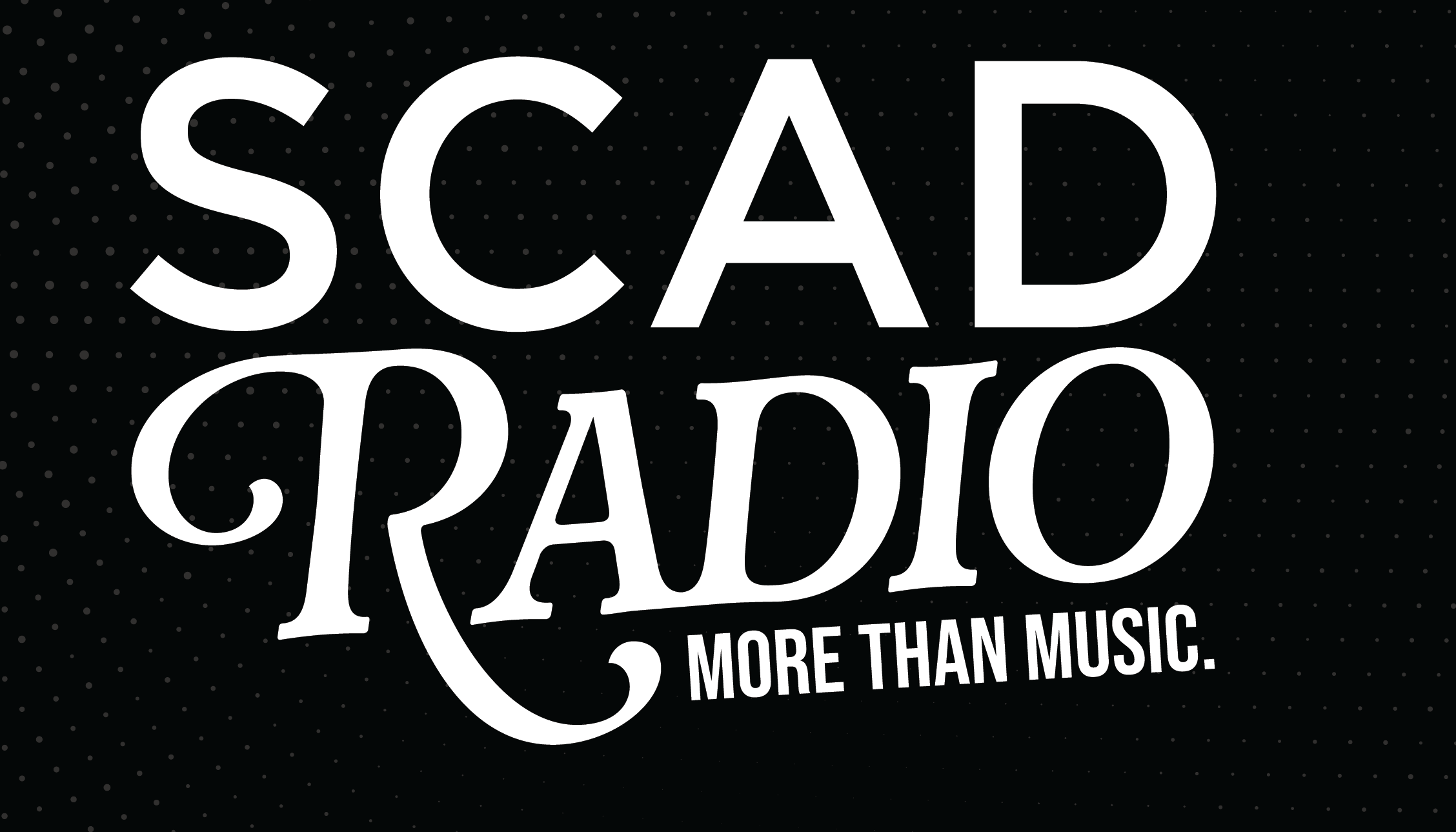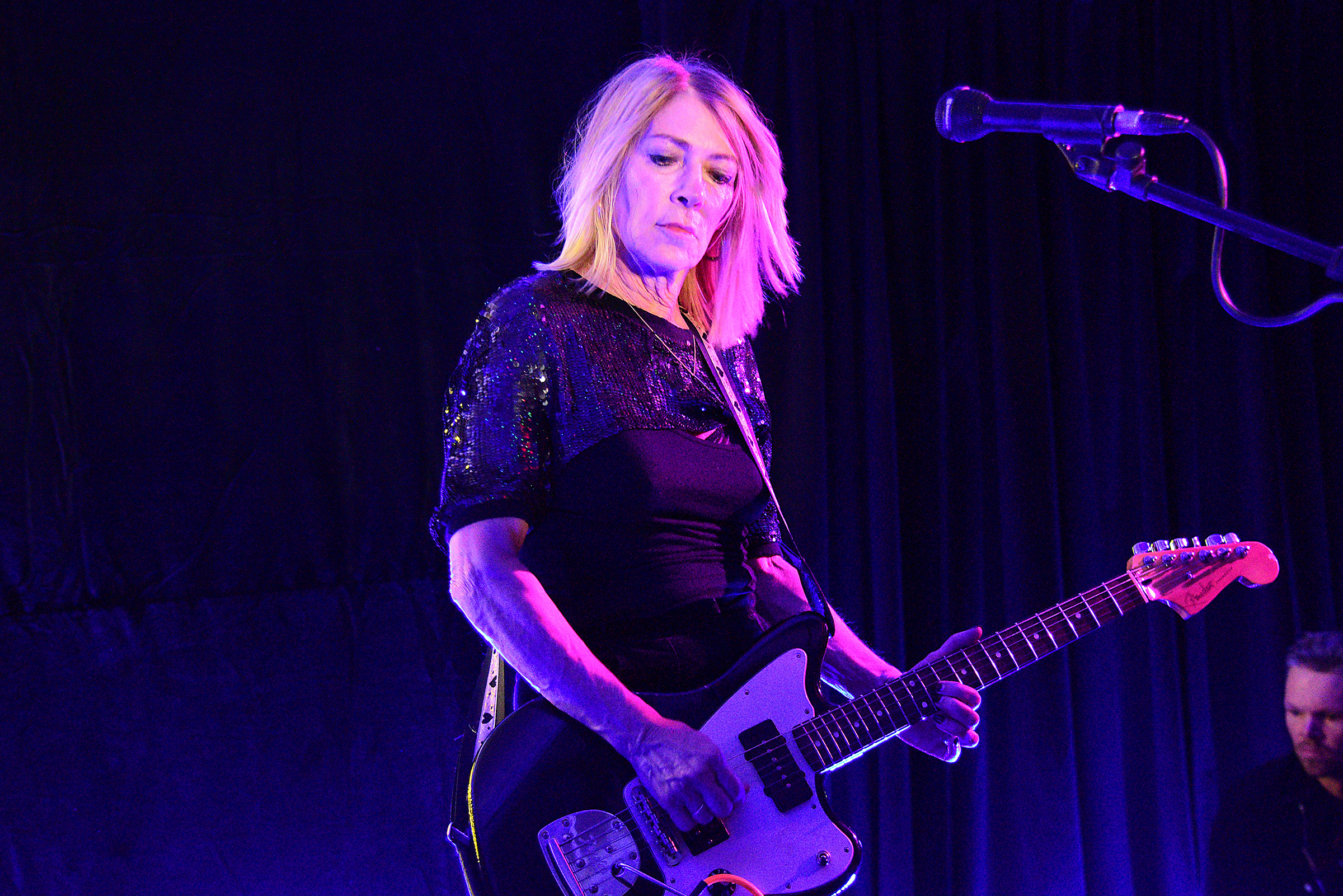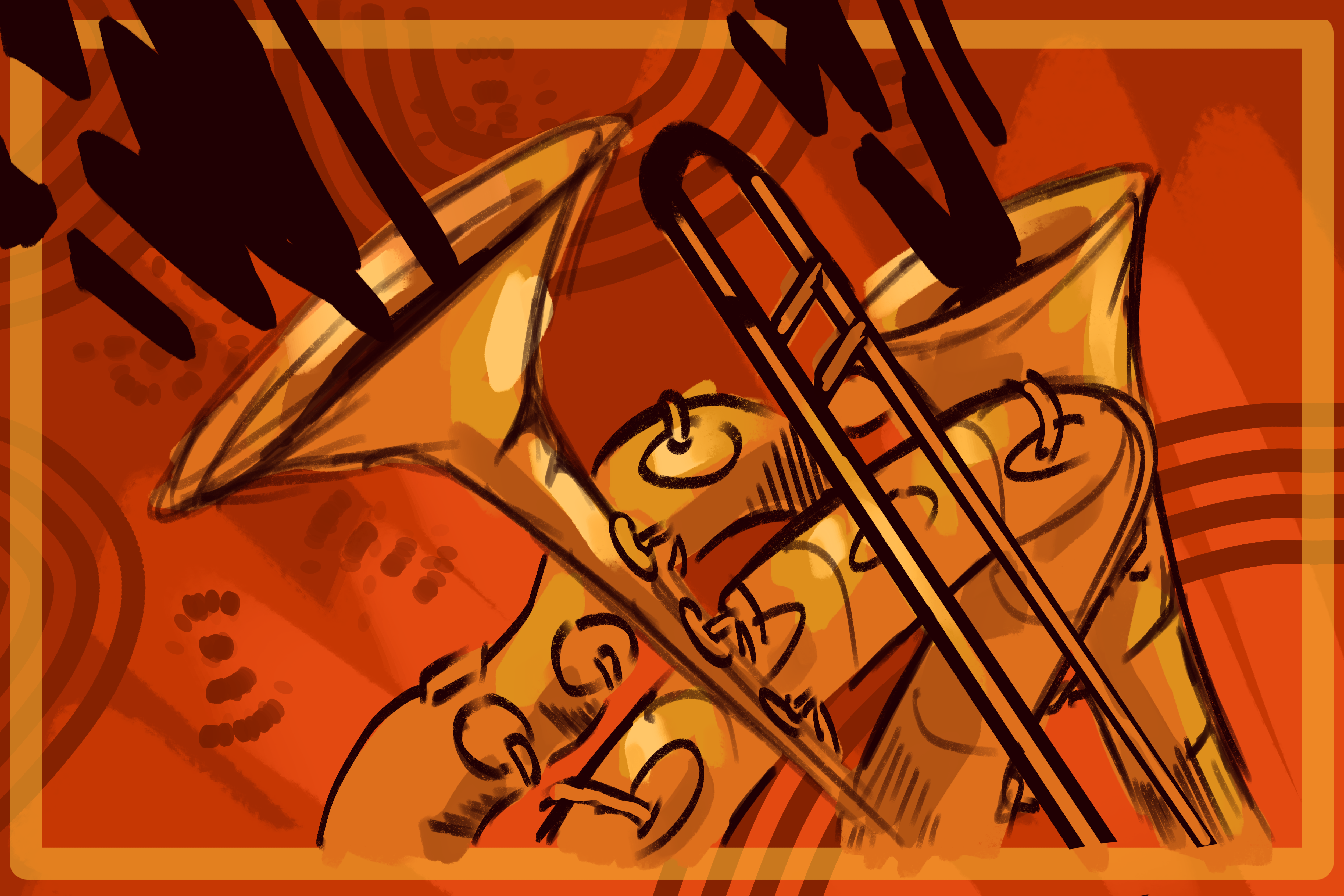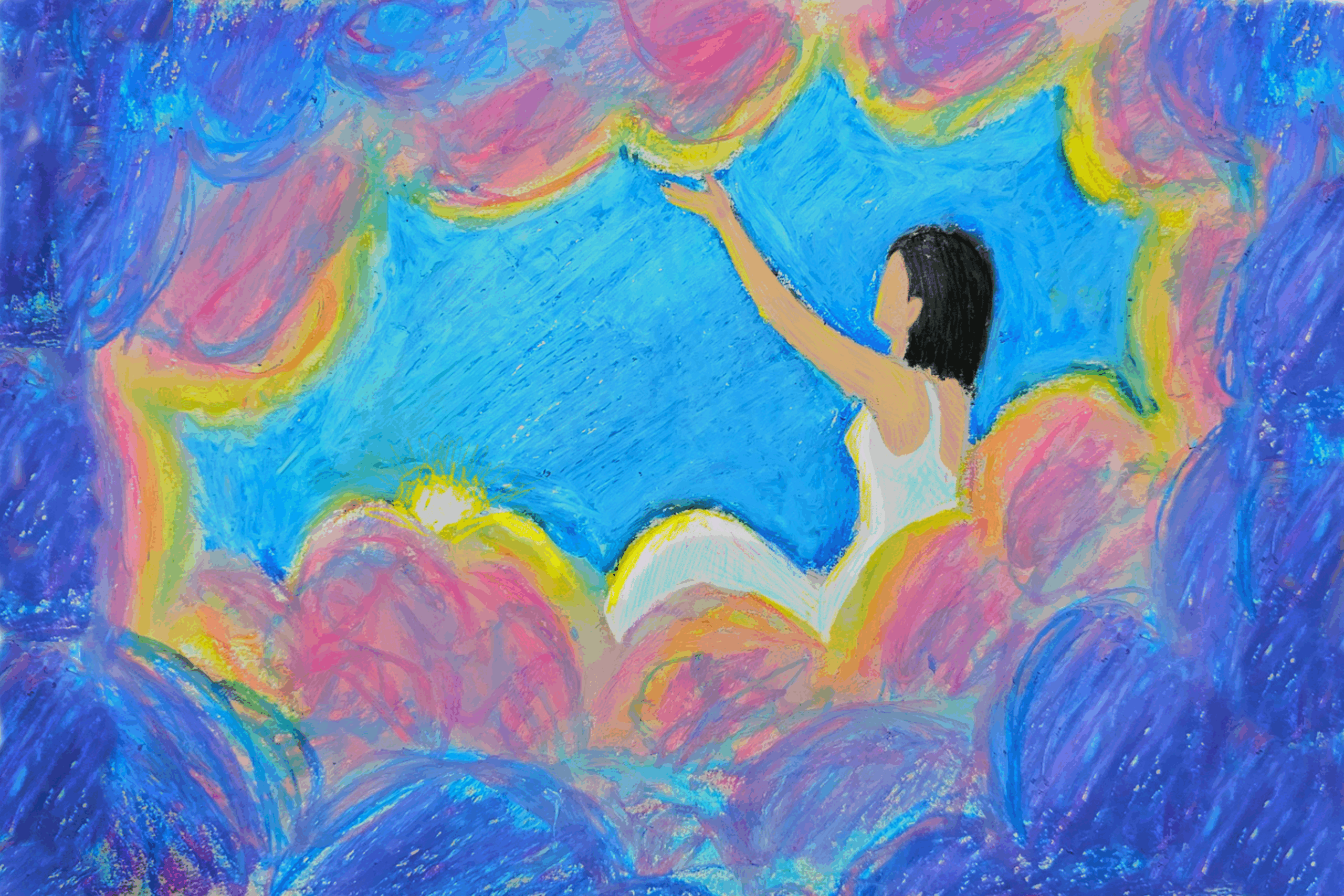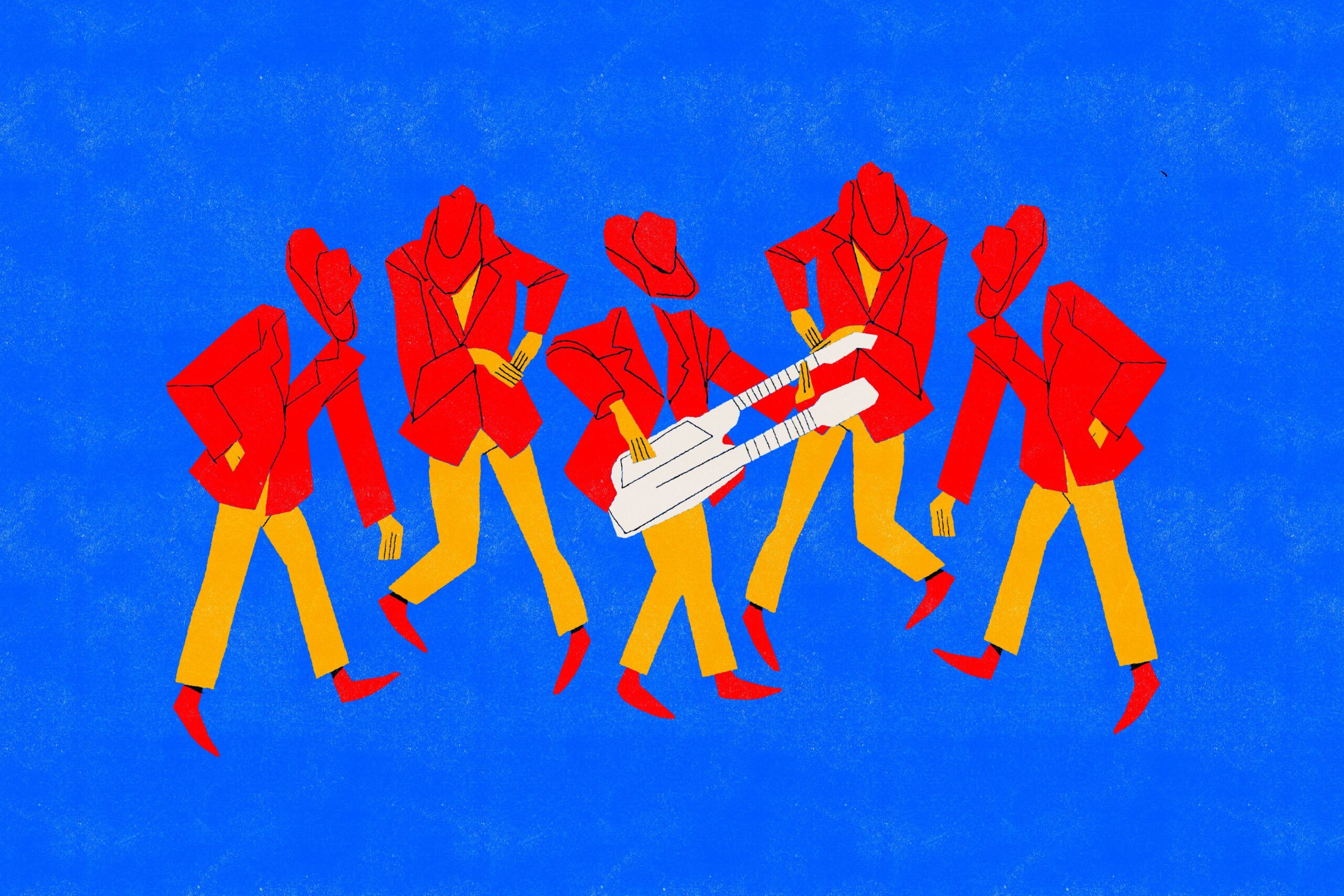As one of the founding members of Sonic Youth, Kim Gordon has an acclaimed status in the music industry. Sonic Youth had a 30-year run, making a name for themselves with songs like “Teenage Riot” and “Kool Thing”. However, trying to go into No Home Record with a Sonic Youth mindset, or anything other than complete openness, will leave you completely disoriented.
Despite making music for nearly 40 years, No Home Record is Gordon’s first ever solo album. With 9 tracks total, the album starts off with “Sketch Artist”, a combination of violin and harp chords, Gordon’s ultra-raspy voice, and a beat that sounds inspired by the band Death Grips. Even without any previous assumptions of her sound, this track isn’t anything anyone could have expected, especially as an opener. Following “Sketch Artist” is “AirBnB”, which is infinitely more pleasing to listen to than the track that precedes it. The crunchy guitar tones are slightly reminiscent of the grunginess that might be found on a Sonic Youth album, but the song as a whole separates Gordon from anything she’s previously created with a group.
In many of the recent interviews of Gordon regarding the album, she emphasizes the importance of the social undertones in her tracks that have always been present in her art: women’s rights, the end of capitalism, and the criticism of consumerism, to name a few. It’s clear that Gordon’s intention isn’t by any means to make music for the masses, or even music that is necessarily enjoyable to listen to, but instead to create a record that explores topics pertinent to her as a woman from Los Angeles. Unfortunately, the beats on No Home Record are difficult to follow. While there is a clear attempt at trying to mirror the disarray of society in her music, Gordon’s mumbled vocals over disorienting beats seem to do more harm than good in regard to getting Gordon’s message across.
Despite this, No Home Record does begin to shine after the first two tracks. “Paprika Pony” allows Gordon’s vocals to take the stage, unlike the first two tracks whose beats were so chaotic that it was difficult to make out her lyrics. “Murdered Out” and “Hungry Baby” are my two personal favorites on the record, for both their musical and lyrical content. “Murdered Out” comments on the rejection and reclamation of social trends. “Murdered out of my heart/covered in black matte spray” opens the song, and in an interview with Rolling Stone, Gordon states that the idea of black matte everything- cars, nail polish, clothing designs- is a look into how culture is collapsing in on itself. The rejection of the shiny and new has ironically become a trend in and of itself, and Gordon equates it to “a black hole, the supreme look inward… the outsider as an unwilling participant as the ‘it’ look.”
The album finishes with “Get Yr Life Back”, an amalgamation of everything No Home Record symbolizes. There’s a quiet beat, like footsteps, over Gordon’s spoken-word lyrics, as she comments on Twitter, changing your appearance through makeup (“fake lashes on your pillow”) and the end of capitalism. The record ends with three lines: “I feel bad for you/ I feel bad for me/ Get your life back, yoga.”
No Home Record was nothing I could have possibly expected. Aside from any previous assumptions tied to Gordon’s association with Sonic Youth, it has grown on me. While the first two tracks left something to be desired, the rest of the album was gritty and real, a rejection of society’s norms and expectations both in lyrical content and in the disorienting nature of the music itself.
